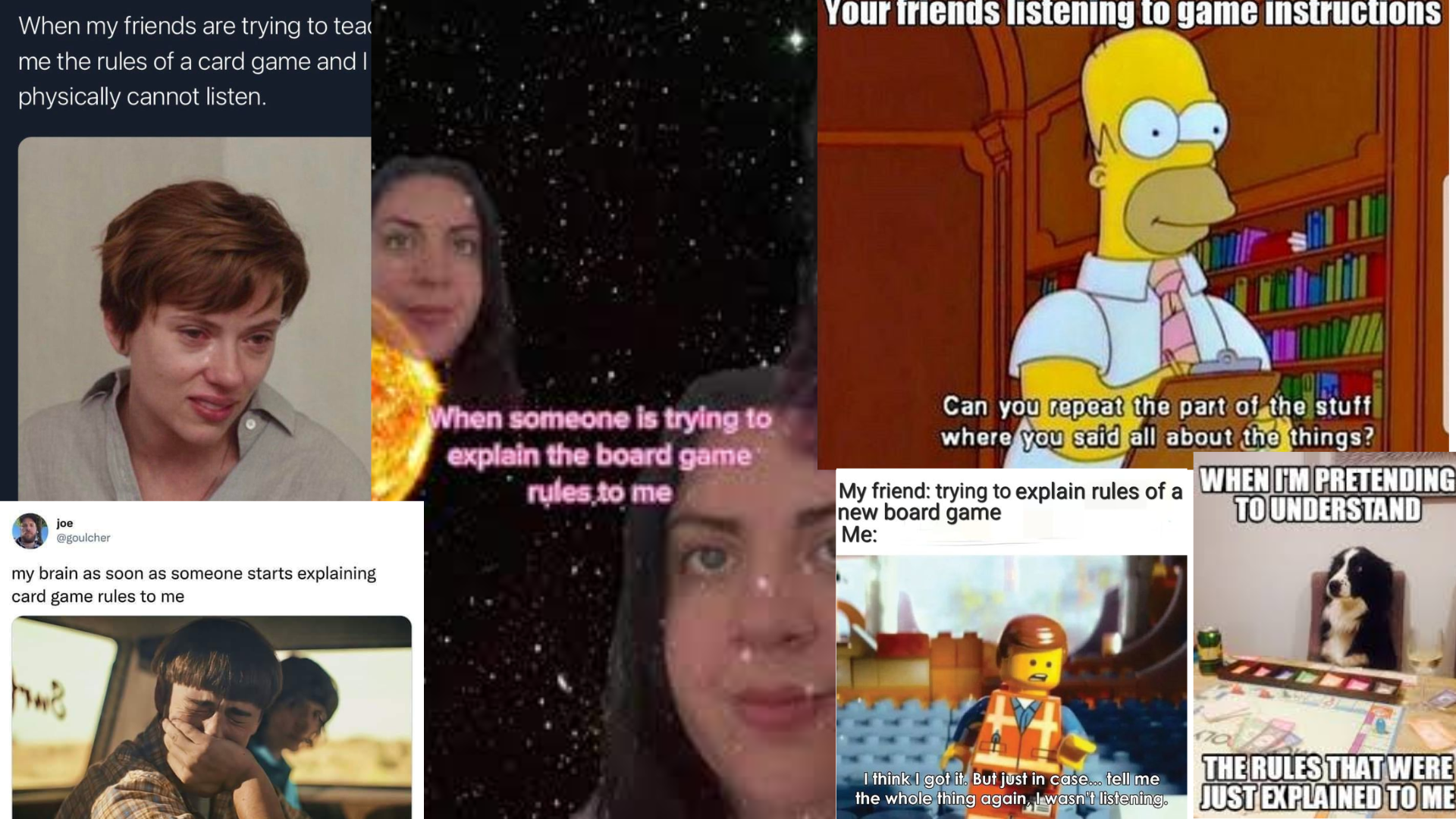You can either be the voice or an echo, and life is too short to be an echo.
Pay attention. I'm gonna put you on to a principle that one of the most powerful men in America utilizes. This principle is an open secret, and it's been used by the hyper-successful in history. Walt Disney. Elon Musk. Henry Ford. Jesus. Galileo Galilei, I can go on and on. It's a principle that, if meditated upon, shows you how to get people to help you change the world. The funniest thing is this principle is not profound, at least not on the surface. We tell it to kids everywhere. Almost every single Kindergarten class has some $4.79 poster that communicates this principle. So what is this high and mighty principle that's a foundational key to life? Stop copying other people. If you're shaking your head now at the build-up and thinking, "I'm so sick of this guy," - thank you. You're making my point. See, the most powerful of secrets are the open secrets. Their commonplace nature makes us overlook them, and when we do overlook them, we miss out on the wealth of knowledge that comes from meditating on them and applying them in our lives. Odds are, ignorance of this principle is holding you back. Worse yet, even when you do meditate on this principle and understand it, the application of it is probably the hardest thing you can do.
Let me ask you something. Why do you want the things you want? Why do you like the things you like? Why do you dress the way that you do? We all like to think these preferences are our own and that they came deep from within us, but unfortunately, that's not true. See, according to French Polymath René Girard, "Man is the creature who does not know what to desire, and he turns to others in order to make up his mind. We desire what others desire because we imitate their desires." We want the things we want because other people want them. It's a foundational part of our being and our biology. We copy. We learn to speak by copying our parents. We learn how to play a game by copying what the people around us are doing. When we hang out with people, we start to copy their lingo, how they dress, and their political ideas. So it makes sense that our desires are also copied. That our desires are copied is what René Girard calls Mimetic Desire.

Copying is built into our biology, and it makes a lot of sense why. Copying is a fantastic way to transfer large amounts of knowledge. For example, have you ever had someone try to explain the rules of a board game to you? It's ridiculously difficult. But insert yourself into the game, and watch people play for a round or two, and boom, you got it. Copying allows us to transfer HUGE amounts of information effortlessly. As I said, it's how we learn a language, social conventions, and most knowledge; almost everything we learn, we learn by copying.

At the same time though, our tendency to copy makes us do some pretty stupid things. Just open up your yearbook and look at the weird haircut you and your friends all had. Or consider how a little kid doesn't want a toy, until they see another kid playing with it. Determining the value of everything is difficult, so how do we figure out what's valuable? We look at what other people want. More often than not, the value of a thing is not its intrinsic value; its value is the same as its desirability. This is why dingy piece of crap houses are selling for $100,000 over asking. The houses aren't worth that. But because everyone wants the house, the value of it jumps.
Now consider this, the root of all conflict is that we all copy each other. Since we all want the same things, we're always going to be competing with each other. Furthermore, the things we want are never infinite; part of their value comes from their scarcity. So now you have a crowd of people, who all want the same thing, and the thing they want is finite. See how conflict starts to arise? You and the guy sitting next to you at work can't both be the boss. There's only one champion each year. Again, real estate. Wanting the same thing as other people only leads to conflict.
So what now? Well, let's take a page out of Peter Thiel's book. Thiel is the powerful man I referred to in my first sentence. He is also the co-founder of PayPal, Facebook's first outside investor, a close associate of Elon Musk, and most recently, a kingmaker in American Politics. He's also a staunch believer in Rene Girard and the theory of mimetic desire. It's not an exaggeration to say that much of Thiel's success can be traced back to his understanding of this theory and its concepts. Thiel does not copy people, and this has made him ridiculously successful. Ask someone what makes a business successful, and they'll tell you: competition. Ask Peter Thiel, and he'll tell you a successful business is a monopoly. To summarize Thiel's ideas, businesses that compete will both hurt each other. Businesses that compete slash prices and compete for limited customers. Think airlines and restaurants; both of these businesses operate with razor-thin margins and are always going out of business. This is because of competition. Competition only hurts these businesses. To Thiel, a successful business is one that isn't competing with anyone; it has a niche that no one else occupies, and it dominates it. Being free from competition allows the company to focus on the future and grow. Think Amazon or Google.
In Thiel's worldview, competition is destructive and should be avoided. How do you avoid it? Don't copy people. Find your niche and dominate it. Stop wanting the same things everyone else wants. It will only lead to fruitless competition.
You'll never completely stop copying everyone around you; it's impossible. But by understanding your tendency to copy, there are two things you can do.
The first is easy.
Curate your environment very carefully. Notice that you will copy whoever and whatever is around you. The books you read, the music you listen to, the films you watch, and the people you hang out with slowly shape you. Put yourself in the right environment, and you will become it.
The second is brutally difficult.
Go against the grain. When we're copying other people, we're trying to fit in. We're trying to get social capital. Dressing like everyone, having ideas like them, and blending in is safe. The Japanese have a saying 出る釘は打たれる- Deru kugi wa utareru - The nail that sticks out gets hammered down. This is an eternal truth. If it was easy, everyone would do it. The cost is high, but when it pays off, the payday is big.
Our human tendency to copy is usually a case of the blind leading the blind. To achieve any degree of success and set yourself apart from the crowd means you can't look to the crowd for guidance. You have to read what they aren't. Learn what they don't know. Do the things no one else is doing. All of this is hard. When you're in the crowd, there is a comfort that you're OK cause everyone else is doing it, but you don't want what everyone else wants. So you have to walk alone. This is the path of leaders, and it's not fun. The crowd's legitimacy is threatened by the lone person who goes off in the other direction. The crowd doesn't celebrate the individual who strays. The person who does things differently is ostracized, mocked, humiliated, and above all, they're alone. So what keeps you going? A commitment to truth. See, here's the thing, we copy something regardless of whether or not it's true, and our tendency to copy usually blinds us to the false things we copy. When enough people partake in a lie, it begins to become normalized and blends into our reality. It's difficult, but I believe we all have an innate ability to see the truth. By stepping away from the crowd and going against the grain, one begins to see the hidden truths. Here's where it gets fun. Yes, the crowd may be powerful, but the truth is infinitely more powerful.
By stepping away from the crowd, and committing yourself to truth, you will build a following.
Step away from the crowd, speak the truth, and eventually people will start to wonder if you're right. Before you know it, if you are upon truth, people will see it, and they will copy it. From there, the copying mechanism kicks in, and everyone begins to copy. This has been the story of humanity from day 1, and it still applies today. People will always copy - if you want success, stop copying other people. Tread the hard path. Find the hidden truths, and give people something to copy.
You can either be the voice or an echo, and life is too short to be an echo.
This piece was inspired by David Perell's piece Peter Thiel's Religion. If you liked this piece and want to read more about this topic, I highly recommend David's piece. I read it in 2019 and still think about it to this day.
Follow me on Twitter: https://twitter.com/KHALEDGOOSE

